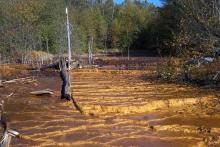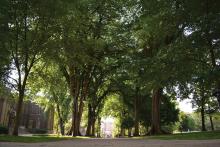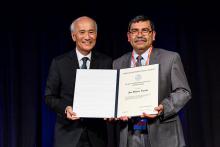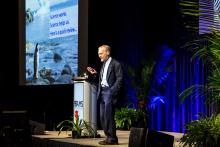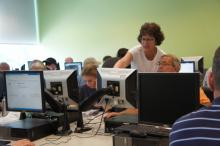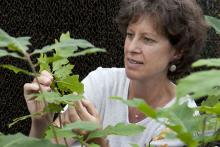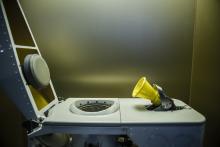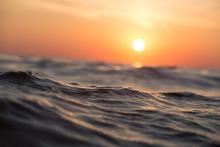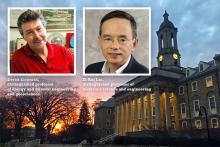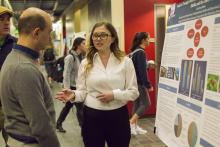As Penn State researchers stood on the banks of Scalp Level Run, an acid mine drainage-polluted stream in Cambria County, a scientific question formed: How is nature removing toxic metals from the drainage at a rate faster than any other tested waters in the state, under pH conditions deemed too low to do so?
The 2017–18 Institutes of Energy and the Environment (IEE) seed grant recipients have recently been awarded to 16 groups of interdisciplinary researchers at Penn State. This year nearly $350,000 have been awarded to more than 40 researchers in five colleges at University Park as well as at four campuses.
Members of the Penn State community took home a slew of honors at the recent 2018 American Meteorological Society meeting.
Richard Alley has a message for scientists: It’s time to revamp the message. In a keynote address to scientists and educators at the 2018 American Meteorological Society Conference, Alley said people may be losing their appreciation for the good they get from science, and it’s up to the scientific community to change that.
Shale Network, a team of scientists studying water quality around Marcellus Shale drilling in Pennsylvania, has spent the last six years fostering a dialogue between concerned citizens, watershed groups, government regulators and representatives from large energy companies around water quality data in the state. The team published a paper in the journal Science last week discussing the impacts of its project.
Susan Brantley, distinguished professor of geosciences and director of the Earth and Environmental Systems Institute at Penn State, will receive the European Association of Geochemistry’s 2018 Urey Award.
Human waste may one day be a valuable resource for astronauts on deep-space missions. Now, a Penn State research team has shown that it is possible to rapidly break down solid and liquid waste to grow food with a series of microbial reactors, while simultaneously minimizing pathogen growth.
The warming climate is expected to affect coastal regions worldwide as glaciers and ice sheets melt, raising sea level globally. For the first time, an international team has found evidence of how sea-level rise already is affecting high and low tides in both the Chesapeake and Delaware bays, two large estuaries of the eastern United States.


